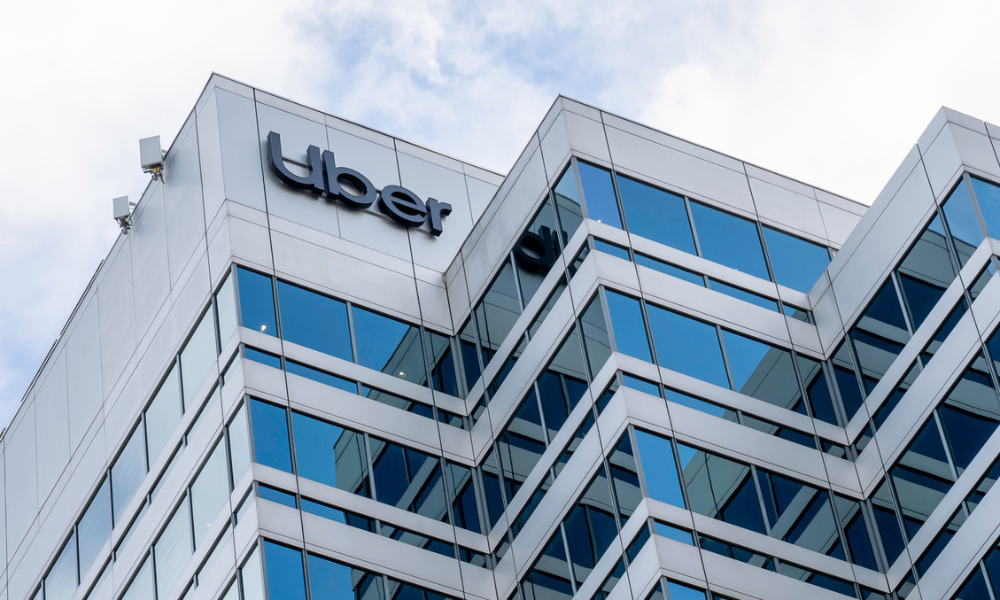
The city allowed Uber to operate illegally for two years without consequence

In a recent class action lawsuit, the Ontario Superior Court of Justice ruled that the City of Ottawa's reaction to Uber's arrival was negligent, damaging the taxi industry.
The court noted that the taxi industry in Ottawa, dating back to the 1930s, maintained a cooperative relationship with the City of Ottawa until early 2015. This changed with Uber's arrival in September 2014, which disrupted the stable taxi market.
Ottawa allowed Uber to operate without proper regulation for nearly two years. In 2016, the city implemented a new by-law that included private transportation companies like Uber.
Ottawa’s taxi industry stakeholders filed a legal proceeding under the Class Proceedings Act against the city. The class action, certified in 2018, involved Metro Taxi Ltd. as the representative plaintiff for taxi brokers and Marc André Way and Iskhak Mail as the representatives for 768 taxi plate licensees, collectively owning 1,188 taxi plates in Ottawa.
The Superior Court wrote in its decision, “The city's response to Uber's arrival was negligent, causing harm to the taxi industry.” The court criticized the city for capitulating to Uber's "bullying tactics" and allowing the company to operate illegally for two years without consequence, leading to losses for the plaintiffs.
The court noted, "The city adopted a defeatist and acceptance approach to Uber's entry into the Ottawa market. A multinational giant was invading Ottawa, and the city's unpreparedness and lack of effort to enforce the 2012 By-Law resulted in ineffective enforcement against Uber drivers."
The city argued that any damages suffered by the plaintiffs were inevitable upon Uber's decision to enter Ottawa. However, the court disagreed, stating that the city's failure to enforce the 2012 By-Law directly caused the plaintiffs' losses. The court emphasized that any loss incurred and proven by the plaintiffs is directly caused by the city's inaction or ineffective action in enforcing its taxi by-laws.
The court further said that any reasonable person would foresee that the failure to enforce the taxi regulations against Uber would have a devastating economic impact on the plaintiffs. This impact “cannot be described as too remote.” Ultimately, the court was satisfied that the city caused the plaintiffs’ damages.